Crisis management is essential in managing political risk
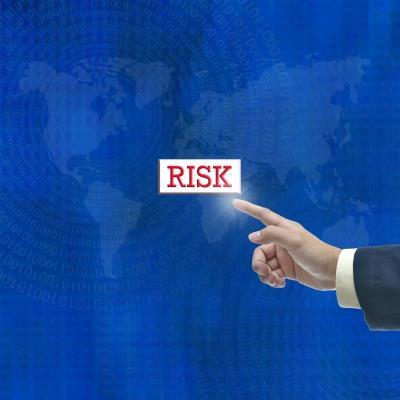
Political risk is one of the main concerns of risk managers in France, following a tumultuous 2016 which saw the election of Donald Trump as US president and the UK’s decision to leave the European Union.
“We are in a political landscape where the action of one leader in one country can actually impact the political stability of other countries and that is very dangerous,” Enrico Bertagna, senior vice president, business development group at Allied World.
“Because of the dramatic changes that the new political landscape is bringing about, the world is becoming more uncertain. We have a new class of political leaders who are much more unpredictable than the previous ones and whatever they say and do has immediate consequences. That creates a lot of uncertainty, which is not good for businesses.”
In order to deal with the increased global instability, companies are increasingly looking at insurance solutions. Bruno Mostermans, country manager for France at Swiss Re Corporate Solutions, is seeing more boards asking risk managers to see if any political risk coverage can be put in place. “Many clients have decided to purchase this coverage, and a lot of other clients are in the process of assessing their exposure, country by country, to see if it makes sense to buy such coverage.”
Insurers can help clients with their political risk exposure but companies need to put adequate crisis management plans in place to be able to react effectively if a political crisis situation occurs.
Insurers can assist with this by helping clients to read the weak signals of political instability, to get prepared in case the situation gets worse and how to implement their crisis management to protect their assets, in particular human capital.
Paolo Ribotta, head of global corporate and commercial at Generali, says: “Political instability can happen overnight, it mounts up and you need to be ready to somehow read it. We make sure we have the tools to inform our clients about evolving situations, to help them getting prepared for the crisis, and to execute the crisis management plans that have been put in place.”
Risk managers and HR managers need to be able to know in real time which employees are where and what the company assets are in the different countries. “You need to be able to react to a crisis situation in a country by focusing on your assets and people in that country,” Enrico Bertagna, senior vice president, business development group at Allied World, says.
“For example, there are crisis management specialists who now offer a map-based system where they install an app on the devices of all the employees who are traveling around the world, so through the app the risk manager and HR person know exactly who is where in real time. So if they see on the news that there is a crisis situation in one country, just by clicking a button they know exactly how many of their employees are in that country right now.”
Brexit concerns
One of the big political shocks of 2016 was the UK’s decision to leave the European Union. The so-called Brexit is set to be triggered in March this year, signalling the start of two years of negotiations between the two parties before the UK has left the bloc.
The referendum result has created a lot of uncertainty, which is unlikely to disappear until the UK and the EU agree a new trade deal, a process that is likely to take years. Meanwhile, questions around the ability to do cross-border business remain.
Ribotta says: “One great asset of the EU community is the free movement of people and goods. With Brexit this is clearly going to be hampered, so the question is how much this will be hampered, how tough that will be and, as a counter response, how will businesses adapt their own processes, goods and delivery in order to be more aligned with the new status. A new status that will still be very unclear for the upcoming months.”
In the last decades, corporations have fine-tuned their processes, their way of operating, and their efficiency and effectiveness, he adds. “So one partial outcome of Brexit will probably be more complex and less streamlined processes, and potentially less efficiency. Then the question is: would you be able to translate this into the prices you are charging for your own goods?”
Uncertainty remains around the ease of doing business post-Brexit, but the recent publication of the UK government’s Brexit white paper has made it clear that financial institutions are very likely to lose their passporting rights.
This could have consequences for insurance buyers in continental Europe, Bertagna says. “Brexit might limit the ability of European clients to access the products and the capacity of a UK-based carrier, because UK-based carriers are likely to lose their ability to do cross-border activities in Europe. So if they don’t have a local subsidiary going forward, they will not be able to operate in that country.”
However, he notes that this is a marginal issue as the French market is very well served by local insurers, so French clients do not lack options. Furthermore, this is something that may only be an issue for specialist insurance.
“If a French client needs a very specialist risk solution, which is not available in the French market but is on offer from a UK-based insurer who doesn’t have passporting rights, then that is a loss for the French market in terms of know-how and ability to resolve that issue,” Bertagna says.
“But this is probably marginal, because France and other markets in continental Europe are sophisticated enough to be able to serve all their clients, while some of the stronger UK-based insurers will want to continue to be able to operate in continental Europe, so they will find a solution to do that.”
Sophie Maguer, AMRAE board member and risk manager at Euro Disney, explains the steps companies can take to minimise the impact of political instability:
- Gather as much information as possible to be aware of the risk the business could face
- Implement a specific culture of prevention and protection, and educate people
- Carry out a proper risk analysis in order to reduce the risk
- Be transparent when informing top management, so that they are aware of the political risks the business faces
- Focus more on risk assessment to be able to define alarm signals which enable the business to anticipate the political risks it faces
- Work very closely with brokers and insurers, who have a global view of political risk and can help companies anticipate the risks for their own business





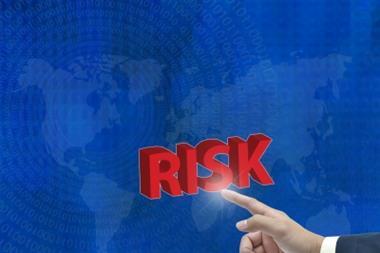
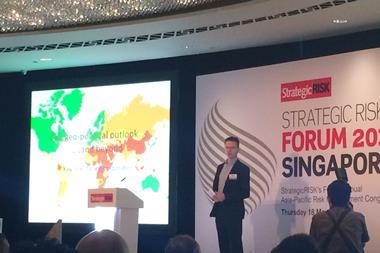
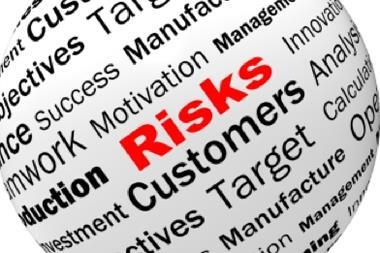

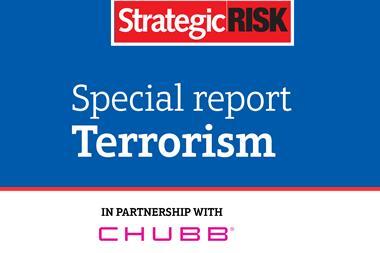
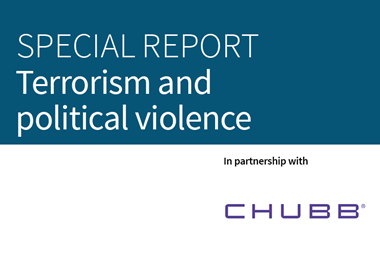









No comments yet